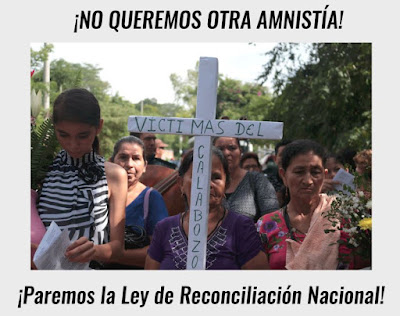Migration numbers

Migration from El Salvador is usually written about in terms of the individual stories of families choosing to flee violence or economic hardship. But it is also important to look at what available data might tell us about trends in the number of people leaving, as well as the number of people being returned through deportation back to the country. Perhaps the most important trend in recent data is an upturn in the number of Salvadorans leaving the country, as measured by the number taken into custody after crossing the US border. After declining significantly in 2017 and 2018, apprehensions of children traveling alone or families traveling with children have spiked up in recent months. This chart taken from US Customs and Border Patrol data shows the trends: The reasons for this upturn in migration are quite uncertain. There might be some impact created by Salvadorans leaving as part of caravans, but the overall number of Salvadorans tra...



